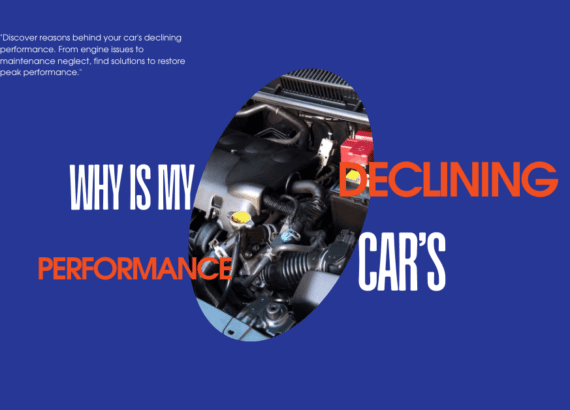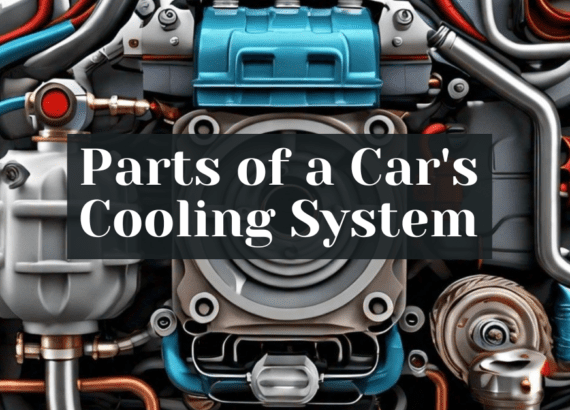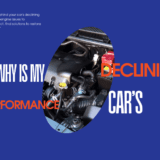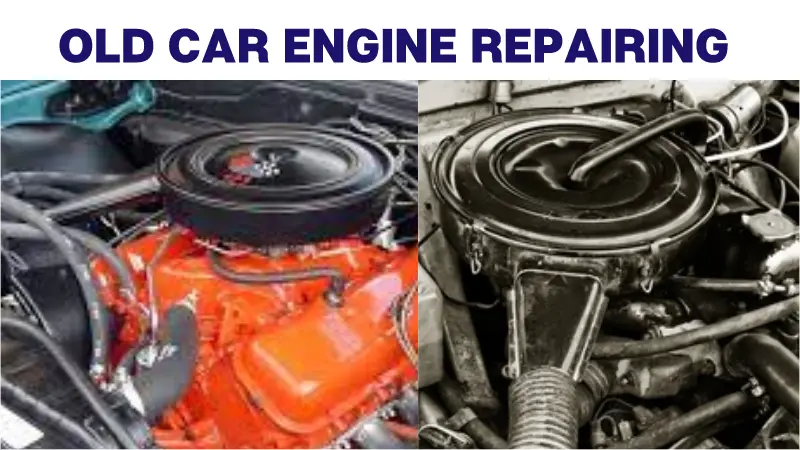11 Engine Maintenance Tips – Must for Good Care

Learn 11 crucial recommendations for engine care to keep your car operating smoothly and increase its lifespan. Find out more about routine maintenance procedures such as changing the air filter, checking the coolant, and checking the spark plugs. The essential engine care advice below will help you get the impact of alternative fuels on engine performance and emission.
Introduction:
Maintaining the engine of your vehicle properly will keep it running smoothly and increase its lifespan. Regular maintenance helps to avoid future expensive issues while also improving the performance of your engine. We’ll provide you with 11 essential recommendations for engine maintenance in this article, so you can take good care of your vehicle. You can make sure that the engine in your car lasts a long time and is reliable by using these suggestions.
Understanding Engine Maintenance’s Importance
It’s critical to comprehend why engine maintenance is so crucial before going into the maintenance advice. Your car’s engine, which gives it power and ensures overall performance, is its heart. Engine failure can result from neglecting maintenance, which can also decrease fuel efficiency and power output. You may increase the effectiveness and dependability of your engine by giving routine maintenance top priority.
1. Regular oil changes
Regular oil changes are among the most important engine maintenance procedures. Engine oil lubricates moving components, lowers friction, and aids in heat dissipation. Oil degrades and loses its usefulness over time. You can make sure that the engine gets new oil at the recommended intervals by adhering to the manufacturer’s instructions. Your engine is well lubricated and shielded from damage by routine oil changes.
2.Check and replace the air filter
By removing impurities like dust and debris from the air intake, the air filter is essential to maintaining the engine’s cleanliness. Airflow to the engine is restricted by a clogged air filter, which reduces power and fuel efficiency. The best approach to keeping your engine healthy is to inspect and replace the air filter on a regular basis.
3.Monitor coolant levels and flush regularly
Antifreeze, sometimes referred to as coolant, aids in controlling the engine’s temperature. It avoids freezing in the winter and overheating in the summer. Maintain a regular check on the coolant levels and condition. Consider cleansing the cooling system and adding new coolant if it seems polluted or grimy. This lessens the risk of engine damage and overheating.
4.Inspect and replace spark plugs
The air-fuel mixture inside the engine cylinders is ignited by spark plugs. Spark plugs can eventually become worn out and lead to misfires, poor fuel efficiency, and rough idling. Replace the spark plugs as directed by the manufacturer after a routine inspection. This provides ideal engine performance and effective combustion.
5.Keep an eye on the belts and hoses
The alternator, water pump, and air conditioning compressor are just a few of the components that belts and hoses power. Check these parts frequently for wear indicators, including leaks, fraying, or cracks. To prevent harm to the engine or a breakdown, instantly replace any worn-out belts or hoses.
6.Maintain proper tire pressure
Maintaining adequate tire pressure is essential for both engine health and safety. Reduced rolling resistance from underinflated tires makes the engine work harder and use more gasoline. For the best engine performance and fuel efficiency, regularly check and adjust tire pressure to the manufacturer’s proposed levels.
7.Use quality fuel and additives
The longevity of your engine depends on the quality of the fuel you choose. Choose reputed gas stations that provide dependable and clean fuel. Additionally, take into account adding fuel additives to enhance combustion efficiency, avoid deposits, and help keep the fuel system clean. For recommended gasoline additives, see your car’s owner’s manual or speak with a reputable repair shop.
8.Avoid overloading your vehicle
The engine, suspension, and brakes of your car are put under tremendous strain when it is overloaded. It reduces fuel efficiency and raises the possibility of breakdowns. Keep in mind the manufacturer-specified maximum load capacity and don’t go above it. To lighten the load, distribute the load equally and remove any superfluous objects from your car.
9.Practice smooth driving
Aggressive driving practices, like abrupt accelerations, hard braking, and frequent gear changes, might overwork the engine. Use smooth driving skills, keep your pace steady, and steer clear of unexpected maneuvers. You may decrease engine wear and increase fuel efficiency by driving more carefully.
10.Schedule regular engine check-ups
Last but not least, routine engine inspections with a skilled mechanic are essential for preventive maintenance. They can examine the engine, spot possible problems early, and make the required corrections or adjustments. Regular inspections assist in identifying issues before they become serious and expensive repairs.
11.Maintain Battery Health
Maintaining battery health is crucial for reliable vehicle operation. Check the battery’s terminals for corrosion on a regular basis, and clean them if necessary. To avoid problems starting, make sure the connections are secure. To prevent unexpected failures, think about replacing the battery if it is weak or outdated. When feasible, park your car in the shade because high temperatures might have an impact on the battery’s performance. Additionally, to prolong battery life, use electronic accessories sparingly when the engine is off. These actions will guarantee a healthy battery and a more comfortable driving experience.

Conclusion
The performance and lifespan of your car’s engine depend on how well you take care of it. You can make sure your engine performs smoothly and effectively by following these 11 engine maintenance suggestions. Don’t forget to prioritize routine oil changes, keep an eye on the coolant and air filter, check and replace the spark plugs, maintain the belts and hoses, drive smoothly, and plan regular checkups. You may benefit from a dependable and effective engine for many years to come with proper maintenance.
FAQs
How often should I change my engine oil?
The frequency of oil changes depends on your vehicle and the type of oil used. It is generally recommended to change the oil every 5,000 to 7,500 miles, or as per the manufacturer’s guidelines.
Can I swap the air filter out on my own?
Yes, most car owners can perform the relatively straightforward task of replacing the air filter. If you’re unsure, consult the owner’s manual for your car or ask a mechanic for advice.
Are there any indicators that the spark plugs are worn out?
Yes, rough idling, trouble starting, lower fuel efficiency, and engine misfires are some typical symptoms of worn-out spark plugs.
How frequently should my belts and hoses be checked?
A belt and hose inspection are advised once a year, or every 12,000 to 15,000 miles. However, it’s a good idea to routinely visually check them for any wear or damage.
Can my car use fuel additives?
Yes, gasoline additives can be used to increase the effectiveness of the fuel system and the engine. Following the manufacturer’s instructions and picking additives that are compatible with your car are crucial.












Comments
Trackbacks & Pingbacks
[…] car’s longevity and peak performance are greatly dependent on engine maintenance. Engine problems that go unattended might result in expensive repairs or even breakdowns. In this […]
[…] Oil degradation and contamination result in the formation of sludge, a thick, gel-like substance. Oil flow is impeded by sludge accumulation, which also makes it less effective at lubricating the engine. This may result in a decrease in engine performance, an increase in fuel usage, and possible long-term engine damage.it is a good tip for the maintenance of the engine. […]
[…] 11 Engine Maintenance Tips – Must for Good Care […]